Why is it called a servo motor?
Why is it called a servo motor: explaining its name and characteristics
Servo motor, a familiar term in the field of industrial automation, represents a motor that can accurately control position, speed and torque. So why is this motor called a "servo motor"? This article will explain in detail the definition, historical background, origin of the name and application fields of servo motors, and let you appreciate the charm of servo motors.
1. Definition of servo motor
A servo motor is a motor that can accurately control the position, speed, and torque of the output shaft. It receives control signals and adjusts the motor's operating state in real time to achieve high-precision, high-response motion control. A servo motor is usually composed of a motor body, encoder, driver, and other parts, which together form a complete servo system.
2. Historical background of servo motors
The development of servo motors can be traced back to the early 20th century. With the continuous advancement of industrial automation, the requirements for motor control accuracy are getting higher and higher. Traditional motor control methods can no longer meet the growing demand for precision control, and servo motors came into being. After decades of technological innovation and development, servo motors have been widely used in many fields such as machine tools, printing equipment, packaging machinery, industrial robots, etc., and have become an indispensable component of modern industrial automation.
3. The origin of the name of the servo motor
The word "servo" comes from the Latin "Servo", which means "slave" or "serve". In the field of motor control, "servo" is extended to mean "follow-up" or "tracking". The servo motor is so named because it can accurately follow or reproduce the preset motion trajectory according to the control signal. Just like a slave faithfully executes the orders of his master, the servo motor can accurately execute the instructions issued by the control system to achieve precise motion control.
4. Application fields of servo motors
1. Machine tool industry: Servo motors play a key role in CNC machine tools, achieving high-precision machining of complex workpieces by accurately controlling the position and speed of the tool.
2. Printing equipment: In printing machinery, servo motors are responsible for driving printing cylinders and paper conveying mechanisms to ensure registration accuracy and stability during the printing process.
3. Packaging machinery: Servo motors can accurately control the conveying speed and position of packaging materials, improve packaging efficiency and reduce scrap rate.
4. Industrial robots: Servo motors are one of the core components of industrial robots. They enable robots to perform various complex and precise movements and achieve efficient operations on automated production lines.
5. Other fields: In addition to the above industries, servo motors are also widely used in aerospace, medical equipment, automotive electronics and other fields, providing strong support for the development and progress of modern science and technology.
V. Conclusion
As a high-performance, high-precision motion control device, servo motors play a pivotal role in the field of modern industrial automation. The name "servo" implies the characteristics of faithful execution and precise tracking, which aptly reflects the core position of servo motors in control systems. With the continuous advancement of science and technology and the continuous expansion of application fields, servo motors will continue to play their unique advantages and inject continuous power into the future development of industrial automation.



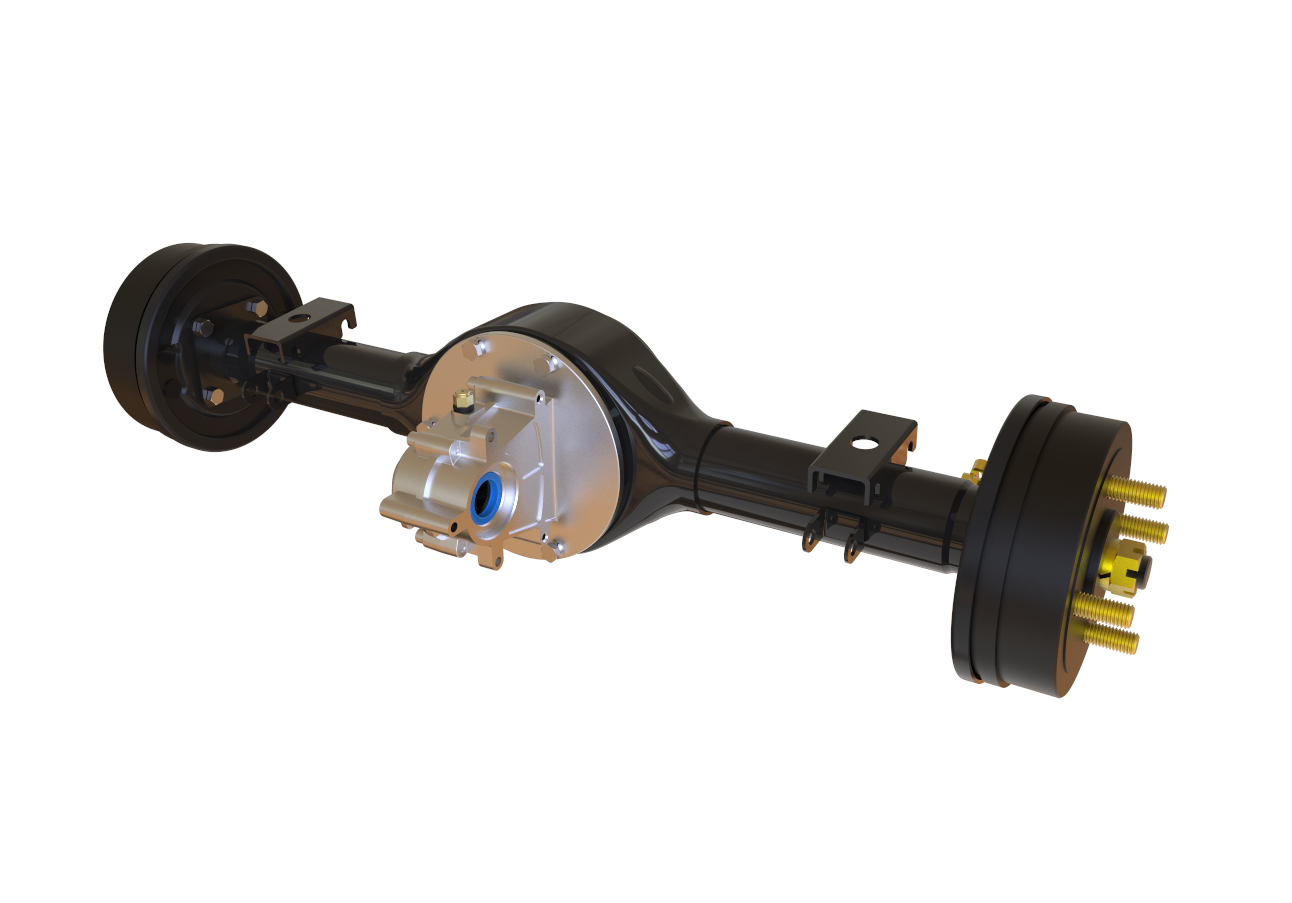


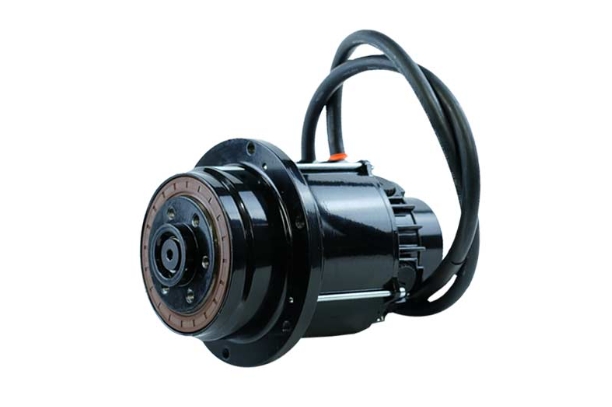
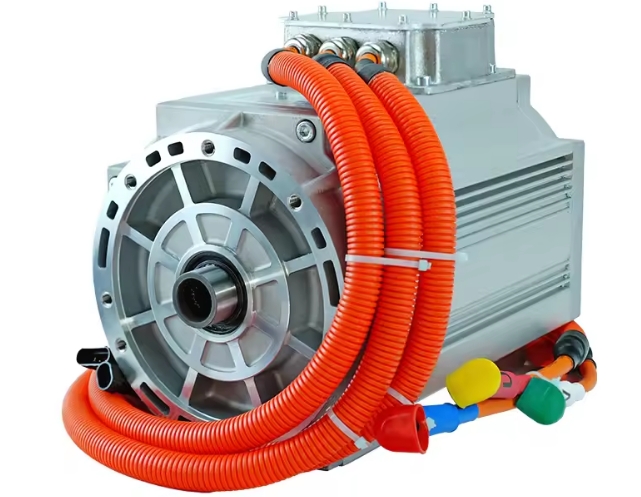
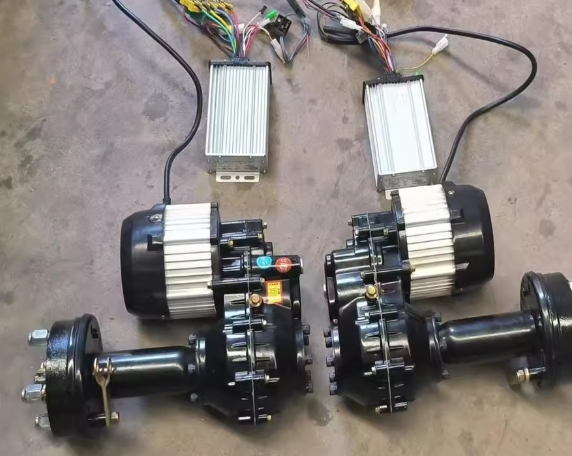
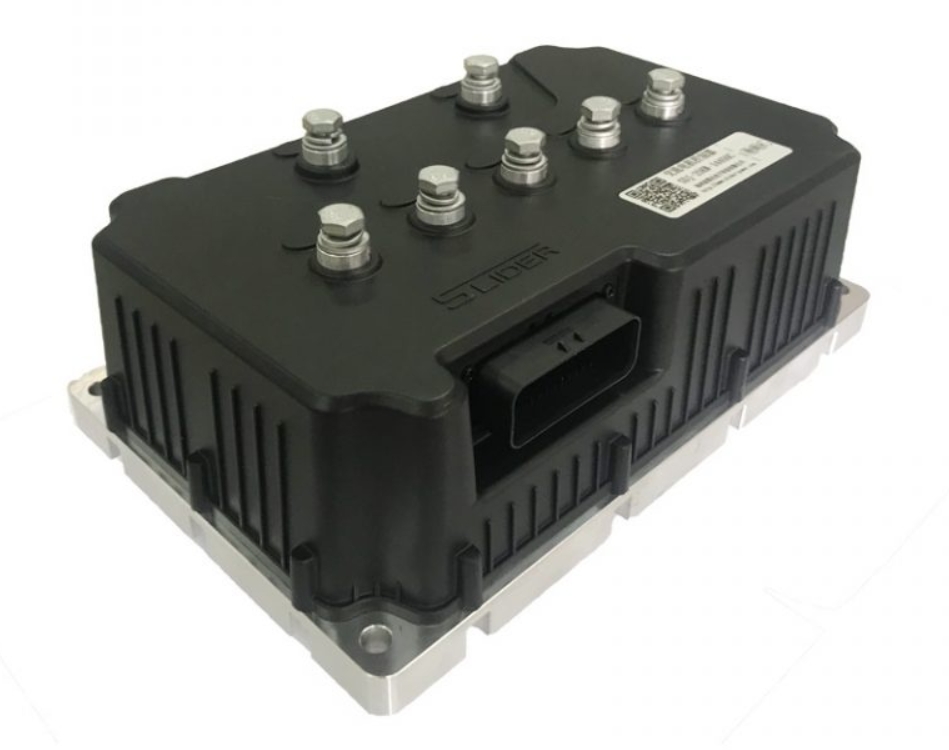

















 XINDA
XINDA